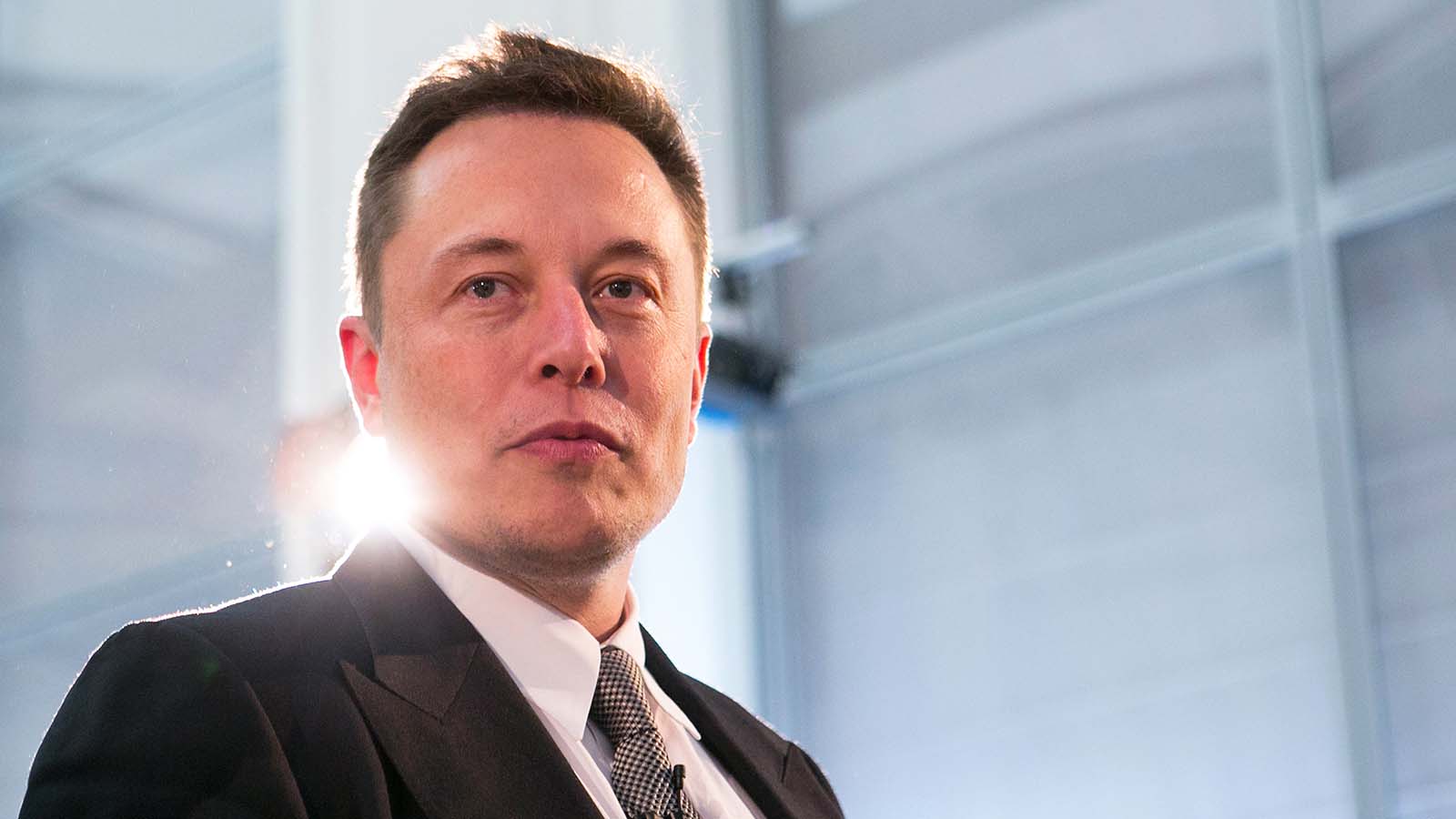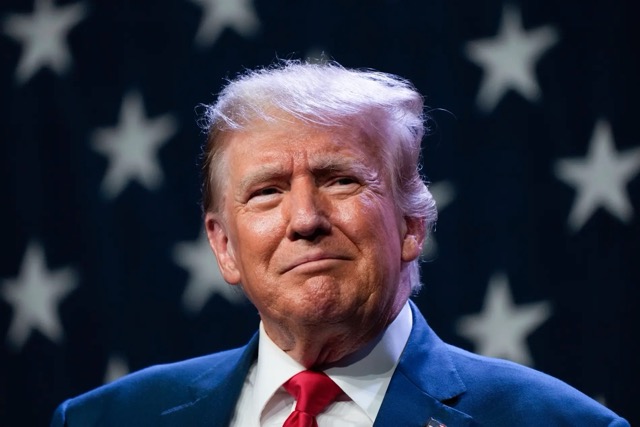Elon Musk appeared to distance himself from the Trump administration’s stance on tariffs, criticizing trade adviser Peter Navarro and expressing his desire for a “zero tariff situation” between the U.S. and Europe.
The world’s richest man made these remarks following President Trump’s announcement of sweeping tariffs against nearly all U.S. trading partners last week, which contributed to a stock market crash that erased $11 billion from Musk’s net worth.
Musk took aim at Navarro, a key architect of Trump’s tariff policies, in a public post on X on Saturday.
“A PhD in Econ from Harvard is a bad thing, not a good thing. Results in the ego/brains>>1 problem,” Musk wrote in response to a user defending Navarro’s tariff explanations.
When another user argued that Navarro was “correct” in his tariff assessments, Musk replied, “He ain’t built sh—.”
During a video appearance at a congress hosted by Italy’s right-leaning League Party in Florence, Musk advocated for normalized trade relations between the U.S. and Europe.
“At the end of the day, I hope it’s agreed that both Europe and the United States should move ideally, in my view, to a zero tariff situation, effectively creating a free trade zone between Europe and North America,” he said.
Trump’s recent tariffs, including a 10% baseline rate on most U.S. trading partners and customized rates for others, have triggered market turmoil. The Dow Jones, S&P 500, and Nasdaq have all suffered significant losses in response.
Musk’s Tesla, which has substantial business ties to Europe, has seen a sharp decline in sales amid political backlash and competition from China. European Automobile Manufacturers Association data shows Tesla’s sales dropped 42.6% in the first two months of the year.
Musk has long cautioned against abrupt tariff changes, emphasizing the need for predictability in trade policy.
“I think you need to be careful with tariffs,” he told Joe Rogan last year. “When there are sudden changes in tariffs … it messes everything up.”
In recent years, Musk has aligned more closely with conservative economic principles, including those of free-market advocate Milton Friedman, who opposed protectionism.
 Telegram is where we really talk. Don't miss out!
Telegram is where we really talk. Don't miss out!








